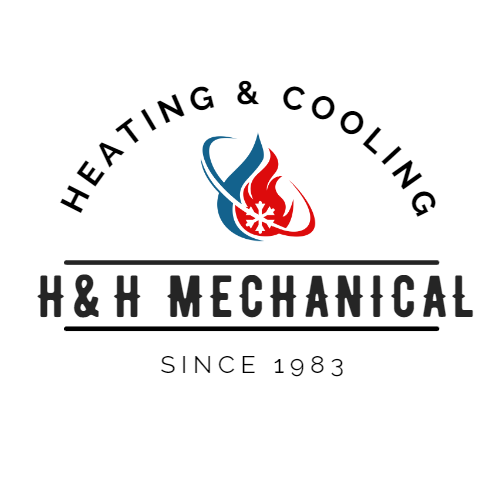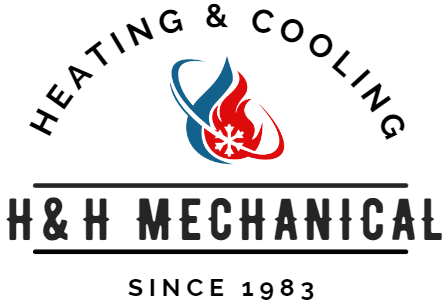What Can You Expect When You Have Your HVAC Unit Replaced?
Replacing your home's HVAC (Heating, Ventilation, and Air Conditioning) system is a significant home improvement project that can enhance comfort, improve air quality, and increase energy efficiency. However, many homeowners might not know what to expect during this process. Here's a closer inspection of the steps involved, from decision-making to installation, and the benefits you can look forward to.
Before the Installation
Decision Time
The decision to replace your HVAC system often comes down to its age, efficiency, and the cost of repairs. Modern units are more energy-efficient, environmentally friendly, and have smart features for better control over your home's climate.
Choosing the Right System
An essential part of the process is selecting the appropriate HVAC system for your home. This involves considering the size of your space, your climate, energy efficiency ratings (like SEER for air conditioners), and any special features you might want, such as smart home compatibility or specific filtration needs.
During the Installation
Preparing Your Home
Preparation might involve moving furniture and creating a clear path to the installation site The contractor will explain what's needed before the installation day.
The Installation Process
An HVAC replacement can take anywhere from several hours to a few days, depending on the complexity of the job. The process typically includes removing the old unit, possible modifications to ductwork or electrical connections, and installing the new unit.
Testing and Final Checks
After installation, the technicians will test the system to ensure it operates correctly. They'll check the airflow, thermostat calibration, and make sure all components are functioning as they should.
After the Installation
Learning the Controls
Your installation team should guide you through operating your new system, including how to use the thermostat and any smart features.
Maintenance Tips
Maintaining your new system is vital for its longevity and efficiency. The professionals will advise on filter changes, annual servicing, and other maintenance routines. Here at H & H Mechanical, your 1st years maintenance is normally included with your new system.
Warranty and Documentation
Ensure you receive all warranties and manuals related to your new HVAC system. Register your product if required, to activate the warranty.
Benefits of a New HVAC System
- Improved Comfort: Modern systems provide better temperature control, humidity management, and overall improved comfort throughout your home.
- Energy Efficiency: Newer models are more energy-efficient, which can lead to significant savings on your utility bills.
- Enhanced Air Quality: With better filtration options, new HVAC systems can improve the air quality in your home, making it healthier for you and your family.
- Increased Home Value: An updated HVAC system can also increase your home's value, making it a smart investment.
Conclusion
Replacing your HVAC system is a considerable investment, but it’s one that can offer substantial returns in comfort, air quality, and energy savings. Understanding what to expect during the process can help make the transition smoother and ensure that you're getting the best possible solution for your home. With the right preparation, professional installation, and proper maintenance, your new HVAC system will serve your household well for many years to come. Give us a call for a Free System Replacement Estimate today.
Need an estimate?
We will get back to you as soon as possible.
Please try again later.
You might also like


Book a Service Today
We will get back to you as soon as possible
Please try again later



